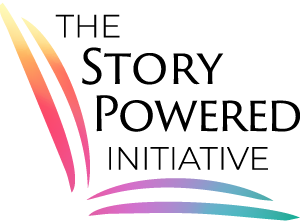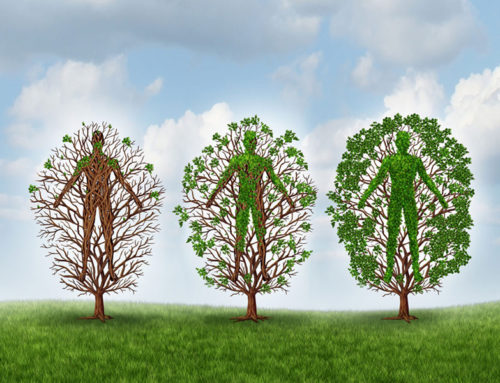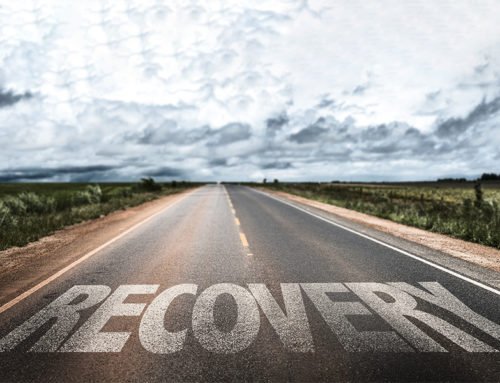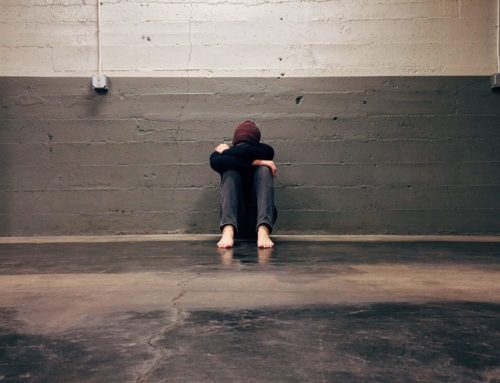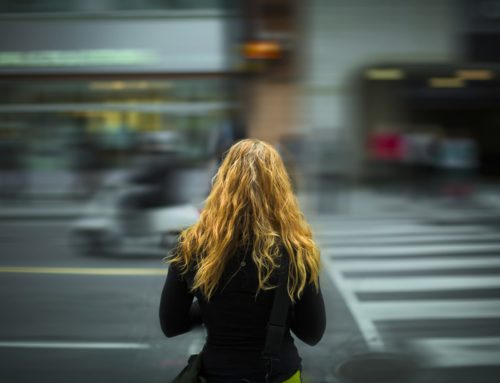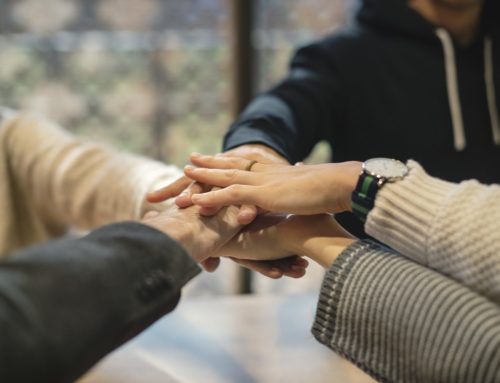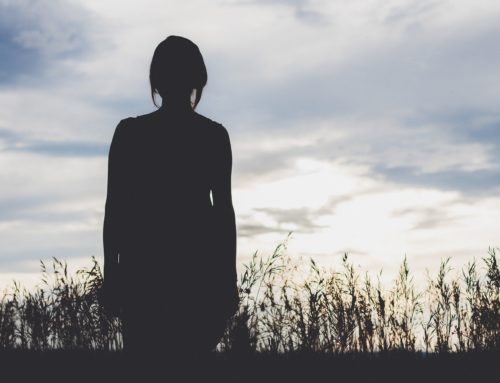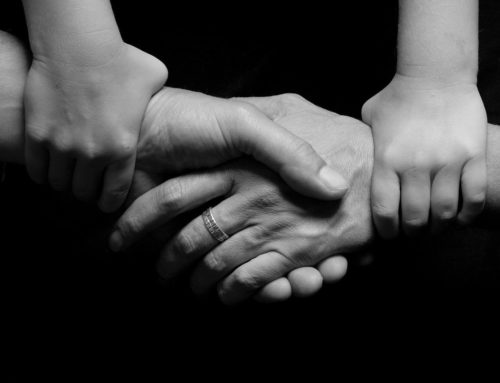"Why wouldn't we as a state and a community do everything in our power to help someone struggling with this very serious illness? People deserve that chance. And as a result, it strengthens and benefits our community."
In 2006, I was 19 years old and looking forward to the rest of what life had to offer. I didn’t know what was in the cards for me, but I knew that I wanted children and a place to call my own. I met this really nice guy who was a recovering addict, and it really seemed like he had put in the work to get back on track. I admired his motivation and determination to remain clean. He had a good job and treated me really well. We got a place together and we were pregnant not long after. We were so excited and immediately started baby shopping and thinking about names for the brand new life we were about to have in our lives.
A few months into the pregnancy I started seeing changes in my son’s father, Terry. He stopped attending meetings and started disappearing without any idea or clue as to where he was going. I was young and somewhat clueless at the time and thought questioning him too much about it was overbearing. I let it slide. At the time, I didn’t really know much about addiction or the behaviors that coincide with it – otherwise, maybe I would have asked more questions.
Eventually Terry started seeing pain doctors. Terry had a history of pain. He was shot by drug dealers in a murder for hire situation in 1987. It made sense that he still needed pain management because there was nerve damage from where he was shot. I thought that surely these doctors would help him and our lives would get back on track, but life is always a little more complicated than that. The exact opposite happened. Not only was he seeing a pain doctor, but multiple doctors at once and receiving multiple prescriptions within one month. Every prescription meant to last a month was disappearing within a week. He was taking Oxycontin, Percocet, and Vicodin. I saw him chew on and spit out fentanyl patches. He had an empty look from being high, and I lived with the fear of him overdosing. Eventually, violence entered our relationship, and that was the last straw. My first attempt at stopping this chaos was telling his pain doctor exactly what was happening. The doctor didn’t listen to me and continued to give prescriptions to Terry despite my warnings.
It’s not uncommon for these types of relationships to be codependent. Eventually I was as desperate as he was for him to have his “medication,” because his withdrawals were the worst thing I had ever seen. Scary, violently painful, and horrible to witness. But it didn’t last long because this lifestyle wasn’t sustainable…
As many women and men do, sometimes an ultimatum is necessary. I told him to get treatment or I am going to leave… And so he did, but not without a lot of coaxing and encouragement. He entered rehab but never stayed to stick it out. The yearning was too strong for him, and eventually I had to leave. He chose the drugs, or did he? I realized that he was sick, so it was never a question that he needed help in all aspects, mentally, physically and spiritually. Either way I look at it, he never got the help he needed, and that ultimately led to his death.
Between leaving him and his death, I tried so hard to do something proactive to help other addicts in this state receive help, whether that meant with or without consent. I knew what was at stake: it was life. Addiction takes you to that point. It isn’t about anything else but the next high, and if your life was or is on the line, it doesn’t matter because your body craves it so much and the misery doesn’t end until the cravings do. I met with local representatives and talked about the Marchman Act in Florida and how addicts endangering themselves and others could be involuntarily committed to treatment if PA could pass it. It’s similar to that of those struggling with mental illness. We place them somewhere safe to prevent harm to themselves or others while they receive treatment. Sadly, I was told there wasn’t enough funding. I didn’t get much public support for it either because the mindset in society is that addicts are responsible for their addiction. Really though, it’s much more complicated than that. The next thing I know, there is an opioid crisis…
I remember the phone call. “Terry is dead. He overdosed on cocaine.” I don’t remember who called me. All I could imagine was the better part of Terry I knew dead, slumped over in some drug house, lifeless… rigor mortis already set in. He didn’t deserve this. I had already moved on with my life while still raising his son. I had another child, married, and bought my first house when I got that phone call. But, my new life didn’t make it sting any less. When I left him, I still loved him. Do you ever really stop loving someone you previously loved? It took me two days to pull myself together to a point where I wasn’t crying constantly. I had to reminisce on the parts of our story that had been good. I questioned my attempts in helping him, I wondered if there was more I could have done, and I told our son that he passed away. I remembered all the good parts of him that I loved and reminded myself that the drugs created the monster he became. I needed reassurance from my loved ones that I did what I could and no blame belonged to me.
This is why I am sharing my story. From this experience I’ve learned the importance of asking for help. I knew other parents whose children were using drugs, but I didn’t want them to know my son was using. There are people out there that can help, like doctors and school counselors. You may not be able to help your child, but you can help yourself. You’re not the cause, you can’t cure it, and you can’t control it. You need to take care of yourself. The stronger of a parent you are, the stronger chance your child has. Just be there for them through the journey they have to take, and know that you aren’t alone. This is why I’m sharing my opioid story, so people know that there is help out there for those dealing with a loved one’s addiction. Type in Opiate Support Group on Google and you’ll find 100,000 groups, lots of churches have support groups, there’s people out there that are more than willing to talk to you. Just talk to somebody. You’re not alone.
